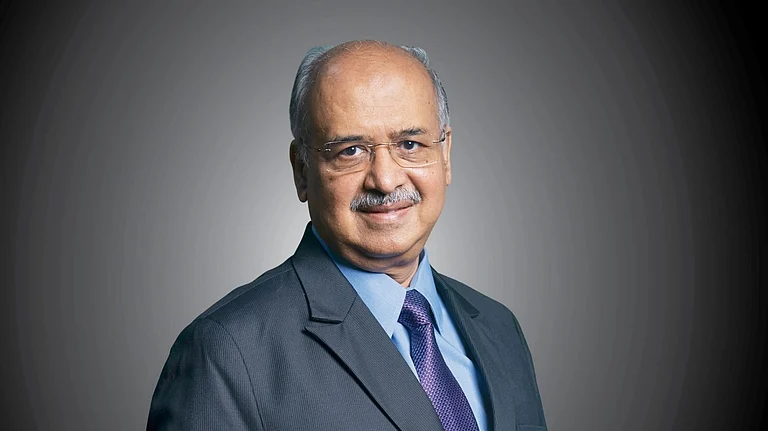When it comes to putting money into investments, the general consensus among scores of Indians is that it is best to look for instruments that guarantee returns. The fascination for assured returns, however small it may be, is the big pull factor. It is a different matter that putting money into FDs or any small savings is not an investment and is nothing beyond savings at best. Yet the perception of it being an investment is driven by guaranteed returns and the tax benefits that these instruments offer.
Worse still, it’s a big mistake to use the Public Provident Fund (PPF), National Savings Certificate (NSC) or any of the small savings for retirement planning. What one forgets is that small savings are actually meant for the small saver—people who do not have access to more sophisticated form of financial instruments. The fact that post offices across the country are the distribution point for these instruments is enough testimony. My guess is that the move to link small savings to market rates is the first step towards removing tax breaks on these instruments. Or allow tax benefits on such instruments to those in the lower tax bracket.
Today, you get 4-6 per cent on savings account or nothing on a current account; what’s more, numerous Indian banks are highly fragile and live only on the strength of the central government’s guarantee. The fact that these same institutions lend to you at a much higher rate is indicative that you would rather lend directly to the central government at higher rates.So, when you have the money to saveyou go out and buy bonds. When
you need your money back, you go
out and sell bonds.
The dil mange more mindset of Indians sadly is limited to extracting an assumed bargain by clubbing fixed returns with tax savings. What they forget is that it is the same people, especially those who control the markets, that get a lot more than you visualise. The smarter lot have already adapted to the money market funds as alternate to fixed return instruments. For them the default safe option is a bond for the short term and for anything long, they move into equities.
One may accuse me of my biased view on mutual funds, but the sheer choice, transparency and ease make them a choice that is hard to ignore. If the regulator allows making them less intimidating by doing away with the mandatory disclaimer or better still, remove the phrase risk from it, and replace it with variation or something similar, it would do immense favour to investors who get spooked by phrases like ‘market risks’ that invoke image of loss. Just the way price rise in the past decade made inflation a drawing room discussion, I think it will be a year or two before people start talking of why one should not put money in small savings. Small savings, at best, should be used to secure tax breaks as part of one’s allocation to debt and no more. Once that’s done, the investor should ideally switch to mutual funds. Try it, and you will realise the benefits.































